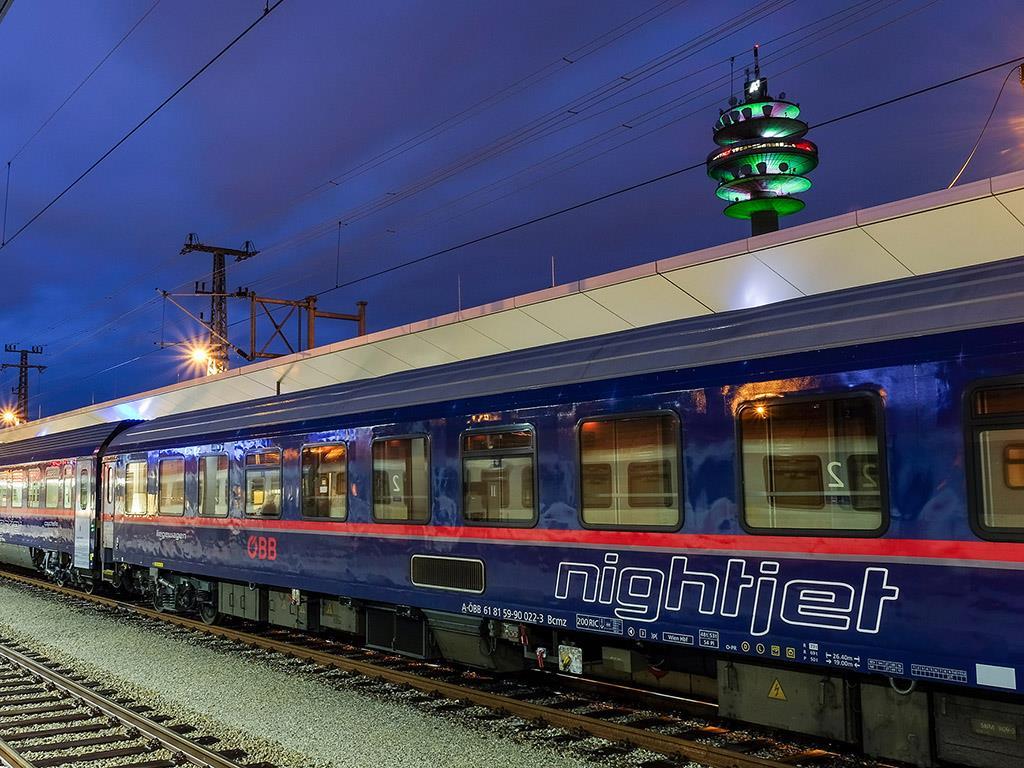SBB and ÖBB Plan Further Expansion of Night Train Services
SBB and ÖBB are stepping up their long-standing cooperation in international passenger services. The two railway companies are seeking to scale up the existing night train services from six to ten lines. Planning is underway…
